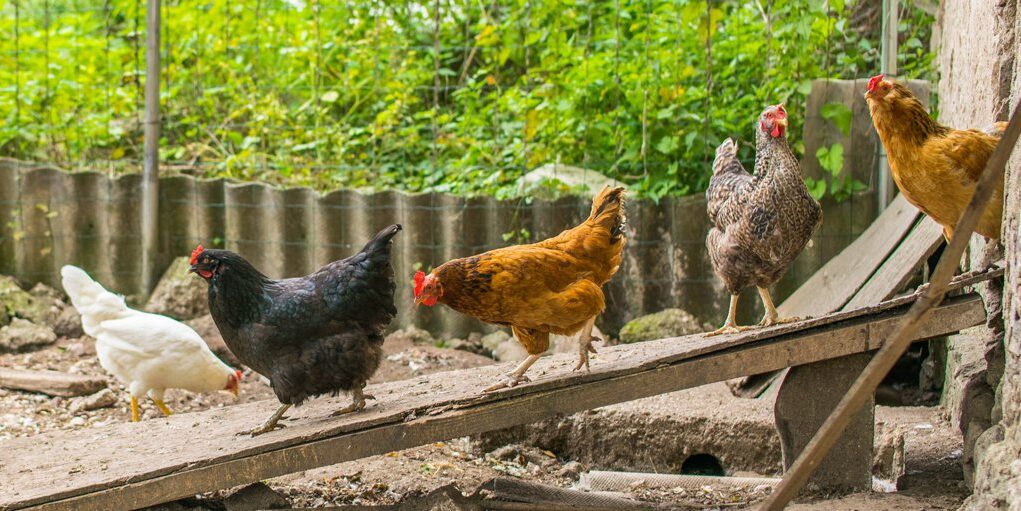Backyard eggs are a delight for many, offering fresh and delicious taste directly from your own hens. However, ensuring that these eggs are of good quality is crucial. Recognizing the signs of bad backyard eggs helps in maintaining the safety and health of not just you but your backyard flock as well.

Understanding Egg Freshness and Quality
Freshness is a key indicator of egg quality. The fresher the egg, the better its taste and nutritional value. But how can we tell if an egg is fresh or not? Knowing where your eggs come from and how they are stored will help you identify signs of bad backyard eggs early on.
How Long Do Eggs Stay Fresh?
Generally, eggs can remain fresh for several weeks if stored properly. For backyard eggs, its essential to collect them daily to ensure they don’t spoil quickly. Factors such as temperature and hygiene play a significant role in keeping eggs fresh.
The Float Test: A Simple Freshness Indicator
The “float test” is one of the easiest methods to check an egg’s freshness. Simply place the egg in a bowl of water. Fresh eggs will sink to the bottom and lay flat, while bad eggs will float to the top. If you notice floating eggs, it is a clear sign of bad backyard eggs.
Examining the Eggshell
The quality of an eggshell can tell a lot about the eggs health. Strong, smooth shells are desirable. If you discover cracks, unusual textures, or chalky appearances, these are potential signs of bad backyard eggs. Ensure your hens are receiving a balanced diet to produce strong shells. Read more about what to feed them at Healthy Laying Hens.
Color Variations: What Do They Mean?
Eggshell color can vary from white to brown depending on the hen’s breed, but color changes such as dark spots or discolorations may hint at underlying issues with the hen or the egg itself.
Internal Indicators of Egg Freshness
Cracking open the egg is the next step to inspect internal quality. The yolk and white should be bright and firm. A cloudy egg white indicates freshness, while a clear egg white is a sign of it being older but not necessarily bad.
Smell Test
Smell is a definitive indicator of egg spoilage. A rotten smell is unmistakable and a sure indicator of bad eggs. If in doubt, trust your nose.
Handling and Storing Backyard Eggs
Proper handling and storing practices can significantly impact egg quality. Once collected, make sure to clean them appropriately. Discover how to handle eggs in a safe manner at Handling Dirty Eggs.
For extending the shelf life, a refrigerator is ideal. Yet, if refrigeration isn’t available, there are alternative methods to preserve eggs. Check out ideas at Preserve Eggs Without Fridge.
Importance of Nesting Environment
A clean and well-maintained nesting environment is vital for egg quality. Dirt and bacteria can easily penetrate the shell, leading to contamination. Learn about creating the perfect coop environment at Coop Design for Egg Layers.
Regular Nest Inspection
Regularly inspecting nesting areas for cleanliness can prevent many egg issues caused by unsanitary conditions.
How the Hen’s Health Affects Egg Quality
The health of the hen directly impacts the quality of the eggs. Stress, poor nutrition, and disease can all contribute to lower egg quality.
Signs of a Healthy Laying Hen
A healthy hen will lay consistently and produce strong-shelled eggs. For tips to ensure your hens are healthy, visit Daily Chicken Egg Care Tips.
Managing Egg Surplus
Sometimes, backyard farmers are blessed with more eggs than they can use. Proper management of egg surplus, such as sharing with neighbors or selling, can be rewarding. Learn more about dealing with an excess of eggs at Dealing with Surplus Eggs.
Conclusion
Recognizing the signs of bad backyard eggs is essential for anyone who enjoys farm-fresh eggs. By focusing on freshness, utilizing tests, and maintaining a healthy environment, you ensure the eggs you consume are safe and tasty.

FAQs
How often should I collect eggs from my backyard chickens?
Collecting eggs daily is recommended to maintain freshness and reduce the risk of spoilage.
Is a cloudy egg white an indication of a bad egg?
No, a cloudy egg white often indicates a fresh egg. As eggs age, the egg white becomes clear.
What should I do if my eggs have small cracks?
Eggs with cracks should be used immediately and not stored, as they are more susceptible to bacteria.
This article contains affiliate links. We may earn a commission at no extra cost to you.










